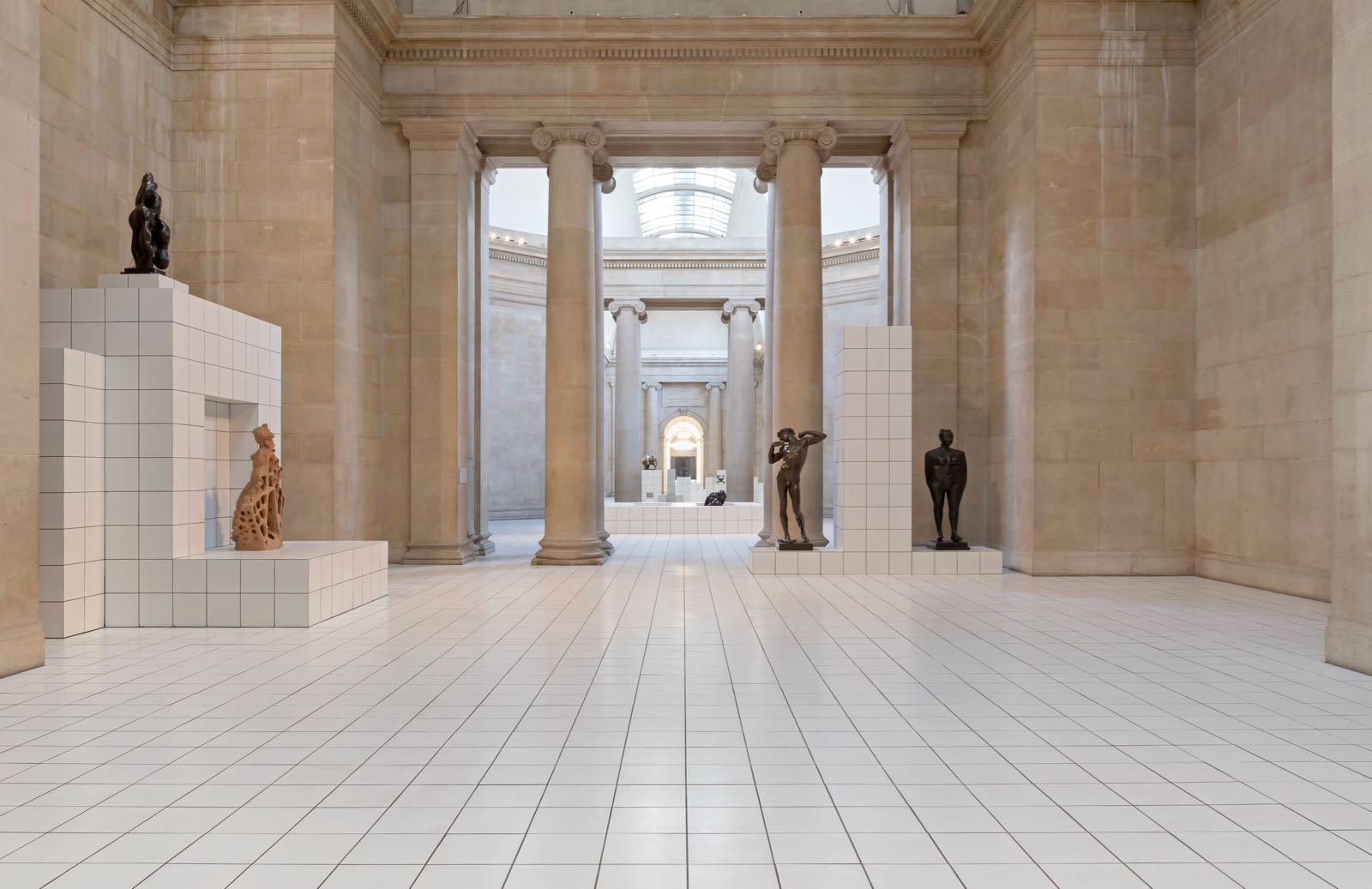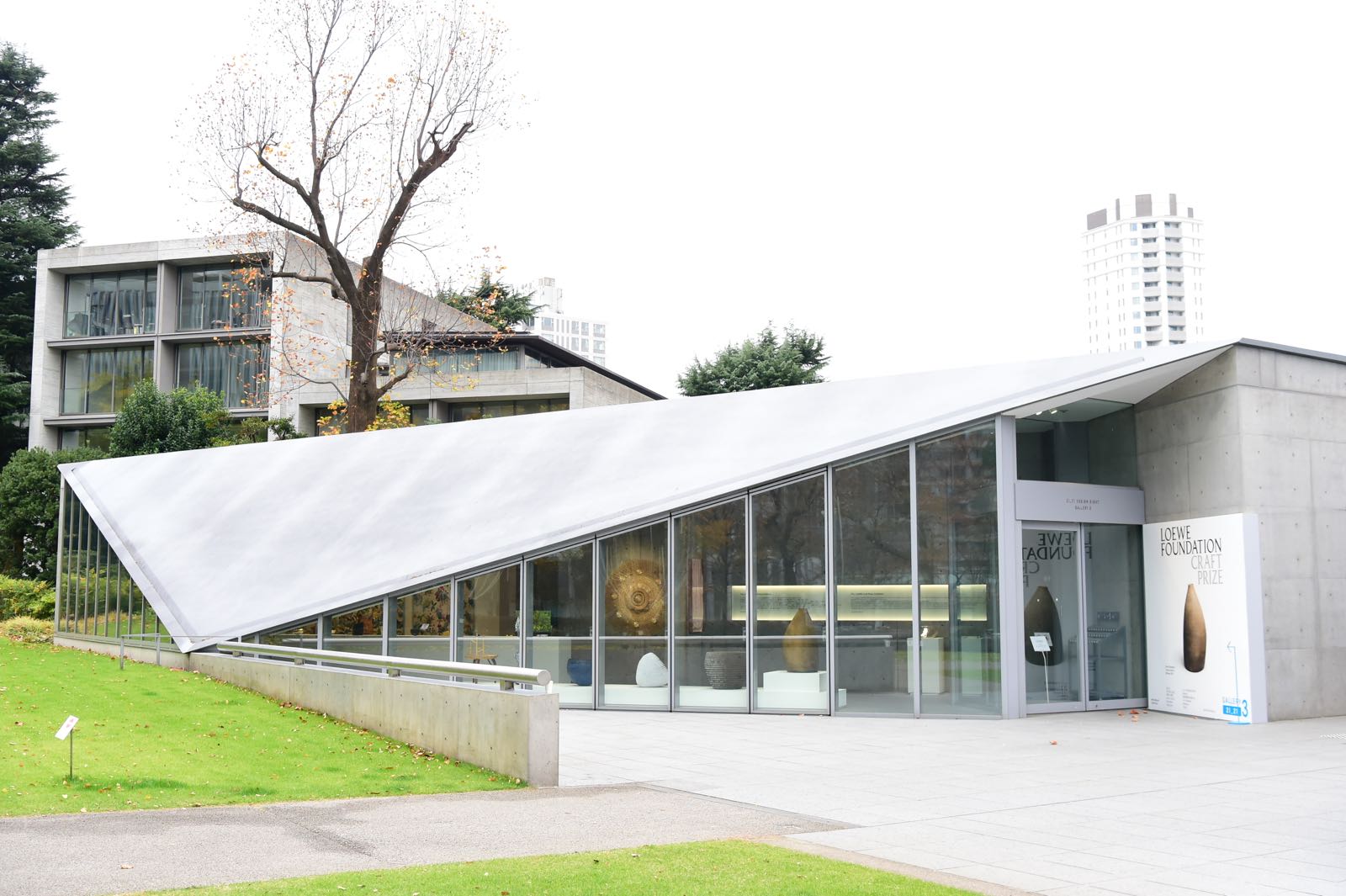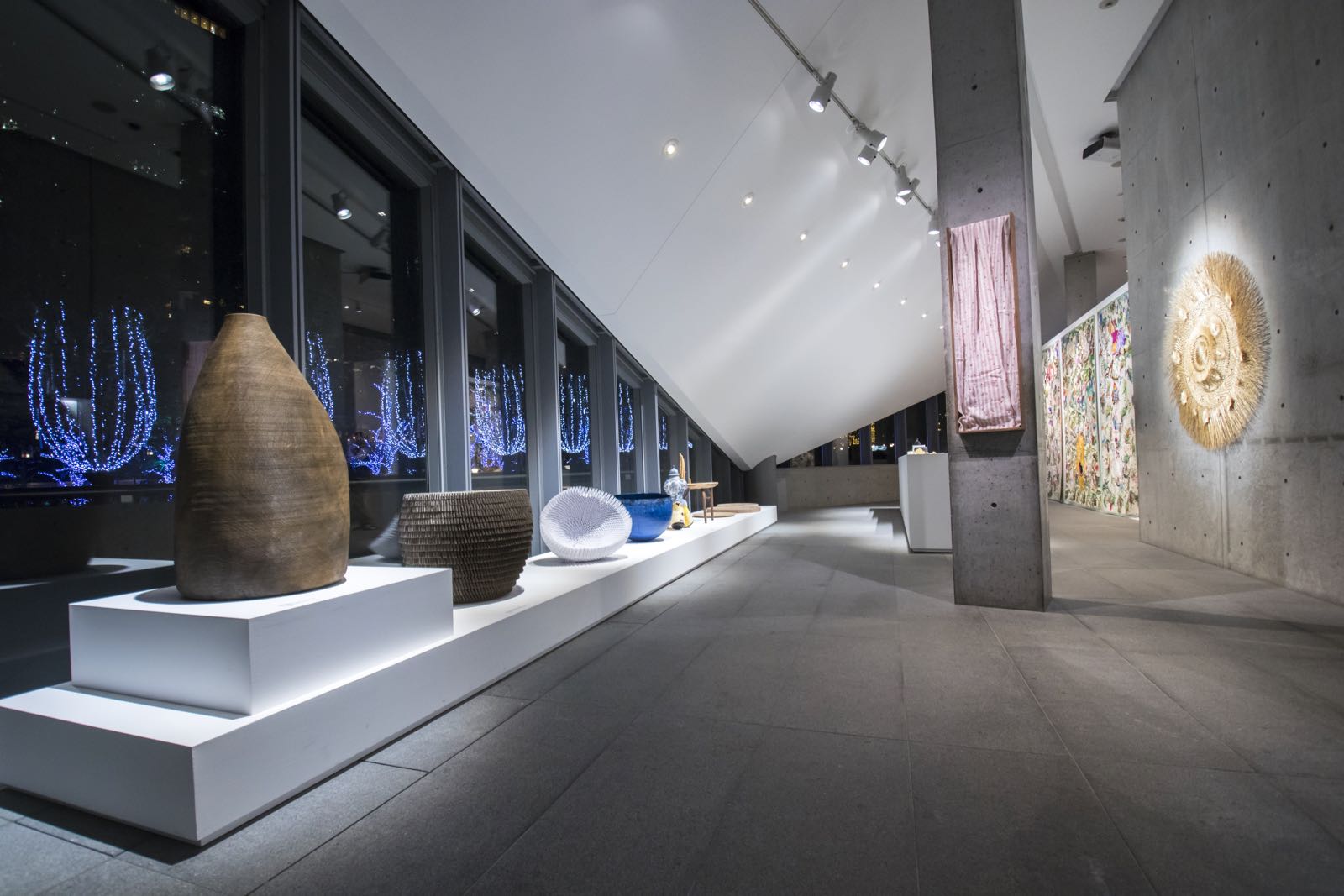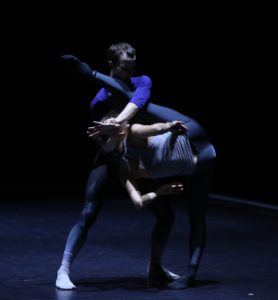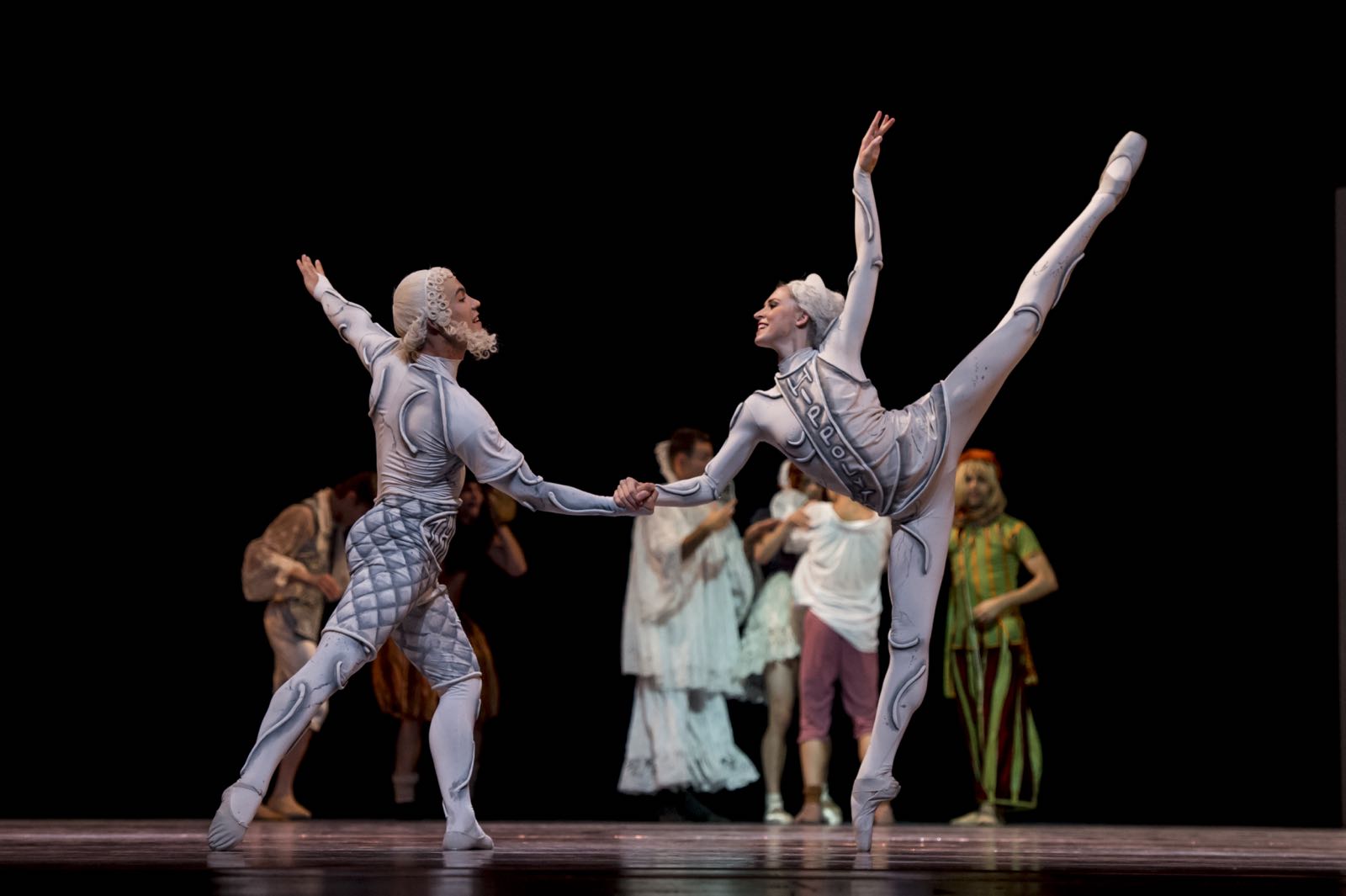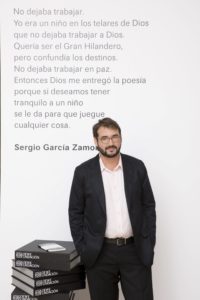La policía celeste, by Ben Clark (Ibiza, Spain, 1984), has been awarded the 30th LOEWE FOUNDATION International Poetry Prize. The jury, presided by Víctor García de la Concha and made up of members Piedad Bonnett, Francisco Brines, José Manuel Caballero Bonald, Antonio Colinas, Soledad Puértolas, José Ramón Ripoll, Jaime Siles and Luis Antonio de Villena, highlighted the simplicity and transparency of the book; a book of poems that the jury considered to be “full of anecdotes; and not black and white anecdotes, but rather, ones that the author transcends and enriches”. On the other hand, Un hogar fuera de mí by Luciana Reif (Buenos Aires, Argentina, 1990) won the Young Poets Prize for authors under 30 years of age; the Jury has underscored the book’s feminine view of reality, which broaches a wide range of themes including “militant feminism and the criticism of social sexism.” Moreover, it has underlined the “enquiring and fresh Argentinian colloquialism” it incorporates.

During the press conference that took place on 31st October in Madrid’s Gran Vía LOEWE store, Sheila Loewe, President of the LOEWE FOUNDATION, offered all attendees a warm welcome and remembered the path the Prize has travelled. Víctor García de la Concha read the minutes of the Jury’s decision after, after evoking the three decades of history that the Prize now has, and highlighting the importance and relevance of each of the 30 winning books.

Luis Antonio de Villena, who presented Un hogar fuera de mí, described it as a “simple yet complex” book of poems and praised the voice of the Argentinian who defends “her condition as a free woman without making it a war cry”. Using a “colloquial but polished language”, Un hogar fuera de mí has what Villena calls a “measured style” featuring a very structured colloquial approach that is not based on the simple repetition of current forms, but rather achieves “the language of art”.
HOMBRES COMO MI PADRE
Hombres como mi padre,
mi abuelo,
mis novios,
mis hermanos,
vi sus cabezas llenas de grandes ideas
como un plato de comida que rebalsa,
lustré desde chica esos cráneos,
soy el placebo de tranquilidad
con el que después brillan fuera de casa.
¿Para eso caí en este mundo?
Luciana Reif
LOEWE Young Poets Prize 2017
Un hogar fuera de mí

When it came time for poet Jaime Siles to present the winning book –La policía celeste– he did so rather shyly because “it’s a very intimate book. It’s a book about love, about a love that is fundamentally filial”. Siles praised the hidden allusions to Virgil’s Aeneid, to existentialism, to Vallejo, and to astronomers, as well as the musical references and the books avoidance of historicity despite the fact that is clearly set within a specific timeframe. He pointed out that Clark’s book is “very well constructed from a rhythmic-syntactic point of view and manages enjambments beautifully”. A book written “from within” and, in sum, “guided by its love for poetry”. Siles explained that La policía celeste “is rhythmically perfect because the rhythm that brings it together and articulates it is not metric rhythm, but rather the rhythm of emotions, of consciousness, of the heart”.
CAFÉ MACHADO
En cada error existe una verdad.
El corazón enfermo de mi padre
no debe estimularse con café.
Pero no se resigna.
Su vida nunca fue descafeinada
ni sin alcohol. Un poco es algo,
dice, y por eso pide
siempre café Machado. Es manchado,
corrijo. Un café manchado, dice.
Y de pronto me siento un asesino.
Ben Clark
LOEWE Prize 2017
La policía celeste
The LOEWE FOUNDATION International Poetry Prize, which is awarded annually, aims to promote poetic creativity and creation in Spanish. The main prize is awarded to a previously unpublished book of poems of at least 300 verses and the Young Poets Prize to an author under the age of 30 if the winner of the main prize is older than that. The winning books are also published by Colección Visor de Poesía. This year’s edition had 29 finalists chosen among the 706 manuscripts that were sent from more than 32 countries. A total of 19% of entries from Latin-American countries, with the largest number hailing from Mexico, Argentina and Colombia, while Madrid, Valencia, Barcelona, and Seville were at the top of the list of provinces for Spanish entries.
The presentation of the books and the award ceremony will take place in March of 2018.

Photos: Luis Antonio de Villena, Víctor García de la Concha, Jaime Siles and Sheila Loewe © Álvaro Tomé for the LOEWE Foundation, 2017. Luciana Reif. Ben Clark © Vicent Marí. Antonio Colinas, Jaime Siles, Chus Visor, Sheila Loewe, Enrique Loewe, Soledad Puértolas, José Ramón Ripoll, José Manuel Caballero Bonald, Luis Antonio de Villena, Piedad Bonnett, Víctor García de la Concha and Francisco Brines © Álvaro Tomé for the LOEWE Foundation, 2017


